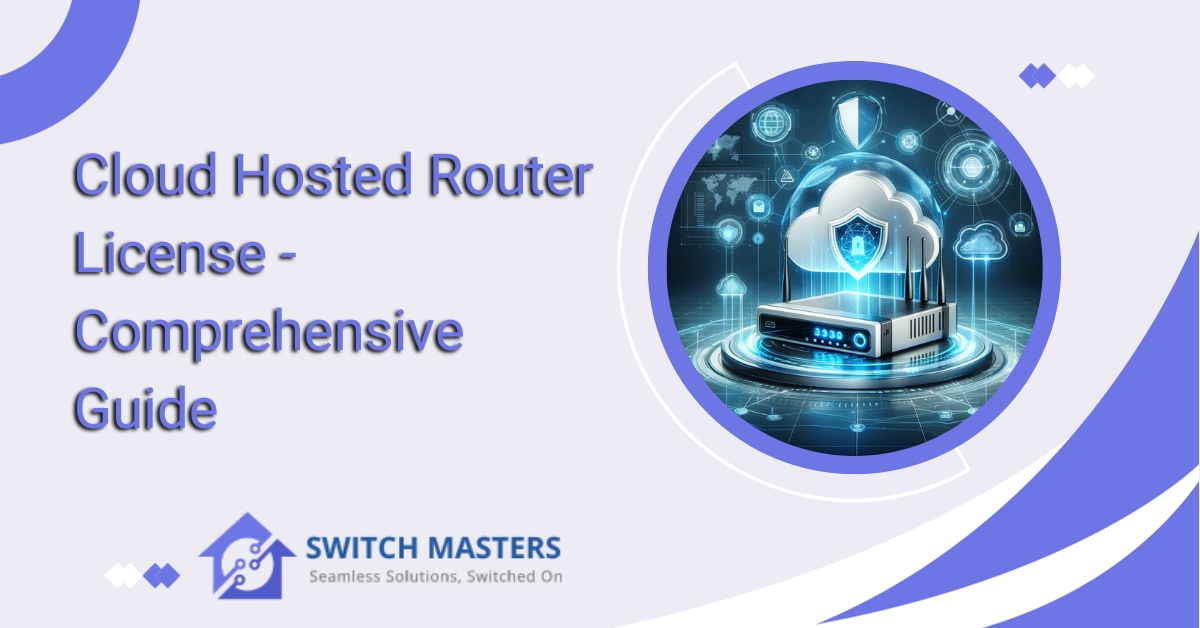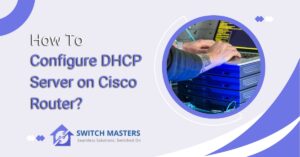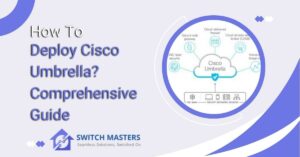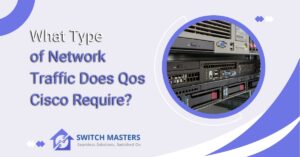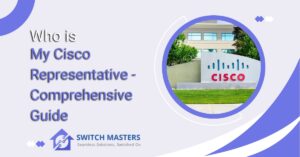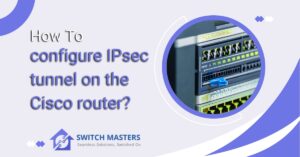Explore comprehensive cloud hosted router license, offering scalable, flexible networking solutions for businesses. Our licenses provide secure, reliable access to cloud-based routing technologies, optimizing network performance and ensuring uninterrupted connectivity. Ideal for enterprises seeking to enhance their network infrastructure with advanced cloud capabilities.
Introduction
Cloud hosted router licenses represent a significant advancement in the realm of digital networking, offering businesses a versatile and scalable solution to manage their network infrastructure. This innovative approach harnesses the power of cloud computing to facilitate the deployment, management, and optimization of routing functions, transcending the limitations of traditional hardware-based routers.
With a cloud-hosted router license, organizations can leverage the flexibility and efficiency of cloud technology to enhance network performance, improve security, and reduce operational costs. This introduction delves into the key benefits and applications of cloud-hosted router licenses, illustrating their role in modernizing network management and supporting the evolving needs of businesses in a digitally connected world.
Table of Contents
Introduction to Cloud Hosted Routers
Definition and Overview
Cloud-hosted routers represent a groundbreaking shift in networking technology, moving away from conventional hardware-based routing to a more dynamic, software-driven approach. These routers operate entirely in a cloud environment, functioning as virtual entities that manage data traffic and network operations over the Internet. By harnessing cloud computing, cloud-hosted routers offer a more adaptable, scalable, and cost-effective alternative to traditional routing solutions.
Advantages of Cloud Hosted Routers
- Scalability: The virtual nature of cloud-hosted routers allows for rapid scaling up or down, depending on the network demands. This flexibility is particularly beneficial for businesses experiencing fluctuating traffic or those in growth phases.
- Cost Efficiency: With no need for physical hardware investments, maintenance, or upgrades, cloud-hosted routers can significantly reduce capital and operational expenditures.
- Enhanced Security: These routers benefit from the robust security measures inherent in cloud computing. Regular software updates and advanced encryption protocols help safeguard against cyber threats.
- Remote Management and Accessibility: Network administrators can manage and monitor cloud-hosted routers from any location with Internet access, offering unparalleled convenience and control.
- Improved Performance and Reliability: Cloud-hosted routers often provide better performance and reliability, with faster data processing and minimal downtime due to the distributed nature of cloud computing resources.
Comparison with Traditional Routers
When compared to traditional routers, cloud-hosted routers stand out in several key aspects:
- Hardware Dependency: Traditional routers rely on physical hardware, which can be costly to purchase and maintain. Cloud-hosted routers, being software-based, eliminate this dependency.
- Flexibility and Adaptability: Traditional routers require manual intervention for upgrades and scaling, whereas cloud-hosted routers can be adjusted quickly and remotely to meet changing network demands.
- Security Updates: Updating security protocols in traditional routers can be a slow and cumbersome process. In contrast, cloud-hosted routers benefit from automatic, cloud-based updates, ensuring that security measures are consistently up-to-date.
- Operational Costs: The operational costs associated with traditional routers are typically higher, considering maintenance, energy consumption, and space requirements. Cloud hosted routers reduce these costs by leveraging cloud infrastructure.
- Deployment Speed: Setting up and configuring traditional routers can be time-consuming. Cloud hosted routers, on the other hand, can be deployed and configured much more rapidly, often with just a few clicks.
Cloud Hosted Router License
The adoption of cloud-hosted routers in network infrastructure necessitates an understanding of the various licensing options available. These licenses dictate the terms of use, features, and capabilities of cloud-hosted routers. We’ll explore the different types of licenses, pricing models, and the typical agreements and terms associated with them.

Types of Licenses
- Standard License: Standard licenses usually offer basic routing functionalities suitable for small to medium-sized businesses. These may include standard security features, basic traffic management, and limited scalability options.
- Premium License: Premium licenses are designed for larger enterprises requiring advanced features. They often include enhanced security protocols, greater scalability, and additional support for complex network architectures.
- Custom License: Some providers offer customizable licenses, where businesses can tailor the features and capabilities according to their specific needs. This option is ideal for organizations with unique networking requirements.
- Temporary or Event-based License: These are short-term licenses suitable for events, conferences, or temporary projects. They offer a cost-effective way to utilize cloud hosted routers without a long-term commitment.
Pricing Models
- Subscription-Based Model: The most common pricing model is a subscription-based approach, where businesses pay a recurring fee (monthly or annually) for the license. This model typically includes regular updates and support.
- Pay-As-You-Go Model: This model allows businesses to pay based on usage, making it a flexible option for companies with fluctuating networking needs.
- Tiered Pricing Model: Providers may offer different tiers of pricing based on the features and capabilities included in the license. Higher tiers generally include more advanced features.
- One-Time Purchase: In some cases, a one-time purchase option is available, providing permanent access to the router software with limited or lifetime updates.
Licensing Agreements and Terms
- Usage Restrictions: Licenses often come with restrictions on usage, such as the number of users, bandwidth limits, or specific geographic locations.
- Service Level Agreements (SLAs): These agreements typically outline the provider’s commitment regarding uptime, support response times, and maintenance schedules.
- Compliance and Security: Licensing agreements may include clauses related to compliance with industry standards and security protocols, ensuring that the router software adheres to necessary regulations.
- Renewal and Cancellation Terms: Agreements will detail the process for renewing or cancelling the license, including any associated fees or notice periods.
- Support and Updates: The level of technical support and frequency of software updates are usually specified in the licensing terms.
Implementation and Configuration of Cloud-Hosted Routers
Implementing and configuring cloud-hosted routers is a critical process for businesses looking to enhance their network infrastructure. This guide provides a step-by-step approach to implementation, explores various configuration options and best practices, and addresses troubleshooting common issues.
Step-by-Step Guide to Implementing a Cloud-Hosted Router
- Assessment and Planning: Begin by assessing your network needs, including bandwidth, scalability, and security requirements. This step helps in choosing the right type of cloud-hosted router and license.
- Selecting a Service Provider: Research and select a cloud-hosted router service provider based on reliability, support, features, and pricing models.
- Acquiring the License: Purchase the appropriate license for your cloud-hosted router. Ensure that the license aligns with your network needs and budget.
- Setting Up the Cloud Environment: Set up your cloud account with the chosen provider. This might involve creating user accounts and defining network spaces.
- Router Deployment: Deploy the cloud-hosted router in your cloud environment. This process typically involves a few clicks in the provider’s management console.
- Initial Configuration: Configure basic settings such as network interfaces, IP addresses, and routing protocols as per the network design.
- Advanced Configuration: Set up advanced features like VPNs, firewall settings, and security protocols. These configurations depend on your specific network security requirements.
- Testing and Validation: Test the router to ensure it handles traffic correctly and all configurations are functioning as expected.
- Monitoring Setup: Set up network monitoring tools to keep an eye on performance, traffic patterns, and security alerts.
- Documentation and Training: Document the configuration and provide training to relevant staff for managing and monitoring the cloud-hosted router.
Configuration Options and Best Practices
- Security Settings: Prioritize security settings in your configuration. Implement strong encryption, firewall rules, and access controls.
- Scalability Features: Utilize scalability features like dynamic routing and load balancing to accommodate network growth and traffic fluctuations.
- Backup and Recovery: Configure regular backups of your router settings and establish a recovery plan in case of failures.
- Performance Optimization: Optimize performance settings based on your specific network load. Adjust bandwidth allocations and quality of service (QoS) settings as necessary.
- Regular Updates: Keep the router’s software updated to the latest version to ensure security and performance enhancements.
Troubleshooting Common Issues
- Connectivity Problems: Check network configurations, ensure correct IP addressing, and verify that the router is properly connected to the network.
- Performance Issues: Monitor network traffic and adjust configurations if necessary. Check for overloaded connections and consider scaling options.
- Security Concerns: Regularly review security logs and update firewall rules. Address any vulnerabilities promptly.
- Configuration Errors: In case of misconfigurations, refer to the documentation and roll back to previous known good configurations if needed.
- Vendor Support: Utilize the service provider’s support for complex issues that cannot be resolved in-house.
In summary, the successful implementation and configuration of a cloud-hosted router require careful planning, a thorough understanding of configuration options, and best practices adherence. Regular monitoring and maintenance ensure the network remains efficient, secure, and aligned with the business’s evolving needs.
FAQ’s
How do I get a license key for RouterOS?
Looking to acquire a RouterOS license key? MikroTik devices are shipped with a preinstalled license, eliminating the need for a separate purchase. If you wish to upgrade to a higher-level license or obtain one for an x86 PC installation, simply create an account on our website. Once registered, navigate to the ‘Purchase a RouterOS license key’ option within your account settings.
What is RouterOS license 4?
The versatility of MikroTik RouterOS Level 4 enhances convenience with a myriad of options. Explore various protocols like RIP and BGP, along with tunnels such as EoIP, PPTP, L2TP, and OVPN. Enjoy the flexibility of setting up unlimited VLAN interfaces, ensuring both privacy and security are prioritized.
What is the difference between a router and a cloud router?
A cloud router enables you to oversee your router remotely, accessible from anywhere through an internet-connected PC or mobile device. This convenience sets it apart from traditional routers, eliminating the requirement to be within the local network for performing these activities.
What is a RouterOS level 5 license?
Unlock advanced capabilities with MikroTik RouterOS Level 5, where configuring hotspot active users extends to 200 and KVM guests are unlimited. Facilitate user management with up to 50 active sessions. Enhance privacy measures by activating the web proxy, controlling queues, and establishing P2P firewalls. Notably, the Level 5 license ensures perpetual access without any expiration.
What is a cloud router in AWS?
AWS Transit Gateway serves as a cloud router, streamlining the design and implementation of scalable networks. As your network expands, managing incremental connections can become complex and sluggish. AWS Transit Gateway simplifies this process by connecting VPCs and on-premises networks through a centralized hub, ensuring efficient network growth and management.
Conclusion
The concept of a “cloud-hosted router license” represents a pivotal shift in network management, offering businesses unparalleled flexibility, scalability, and cost-efficiency. As a virtualized solution, it not only transcends the limitations of traditional hardware-bound routers but also aligns seamlessly with the demands of the modern, interconnected digital landscape. Embracing a cloud-hosted router license is not just an investment in networking technology; it’s a strategic move towards a more agile, secure, and future-ready infrastructure.

